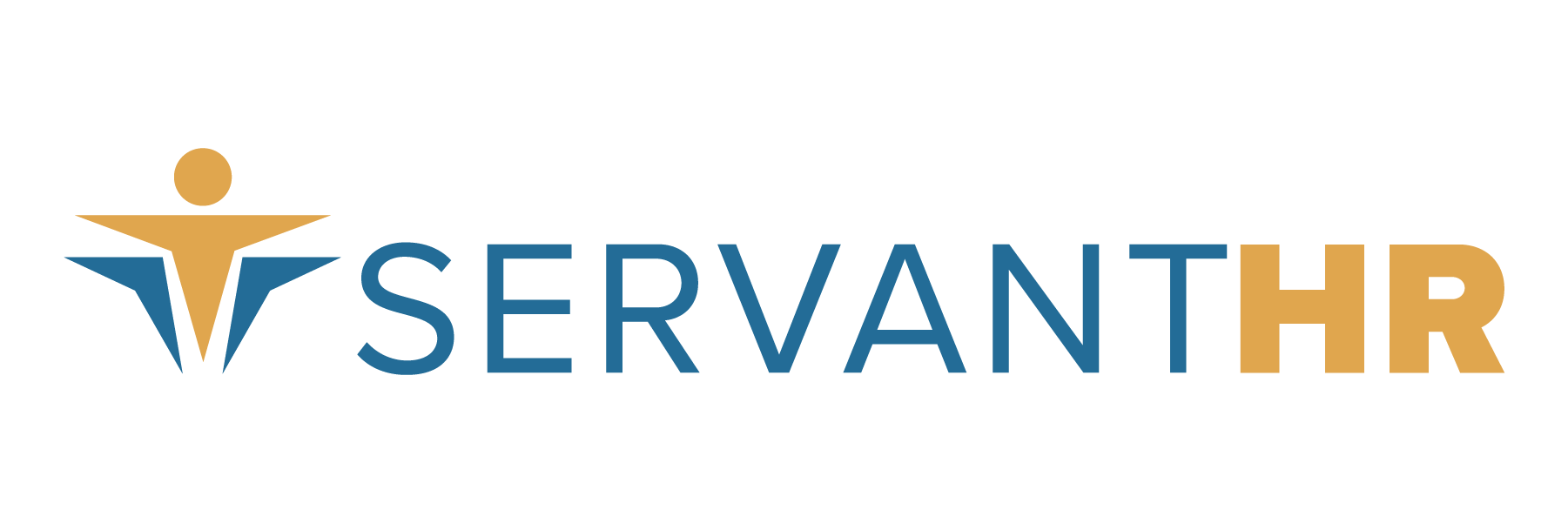September is National Suicide Prevention Month—an opportunity for employers to learn how they can help workers at all levels of anxiety and depression. Mental health disorders are now among the most burdensome health concerns in the United States and their presence in the workplace is undeniable.
According to the Center for Disease Control and Prevention (CDC) nearly 1 in 5 US adults aged 18 or older (18.3% or 44.7 million people) reported a mental illness in 2016. In addition, 71% of adults reported at least one symptom of stress, such as a headache or feeling overwhelmed or anxious.
With roughly 63% of the population engaged in the workforce, overlap is inevitable—making mental health a necessary issue for employers to address. It’s in the best interest of employers to take a proactive role in dealing with this challenge head on.
What Employers Can Do
Reduce Stigma
Talking about mental health in the workplace can feel scary, mostly for fear of offending, being politically incorrect, or sounding uneducated or inexperienced with mental health. However, the less mental health is talked about, the more stigma is created.
A white paper by The Prudential Insurance Company of America states that the workplace can impact stigma positively simply through open communication and transparency. Employers can encourage education on mental health and asking for help as needed—specifically conveying such asking as a positive thing. A study by Mercer noted that employers must understand mental health, access to care must be available, and proactive measures should be encouraged in seeking treatment and improving productivity.
Include EAP’s in benefit plans
Study after study shows that early intervention is the key component to success. Early intervention can be more likely when employers include in-network Employee Assistance Program (EAP) providers in their health plan. This ensures that care can be continued once EAP sessions are exhausted. Only 29% of the U.S. population diagnosed with depression seeks treatment, and even less follow through. The ability to continue therapy is absolutely vital to treatment and recovery.
Assessment and management
Often times managers assume a performance problem without considering an emerging mental health issue. Proper training is absolutely necessary from an employer standpoint. Managers should learn to consider an employee’s history— especially if behavior is new, unexpected, or emotion-driven. Because depression often manifests itself in declined performance, managers should inquire about well-being before jumping to conclusions. Managers must also be equipped with proper resources, such as an EAP, health and wellness partner, or HR representative.
Considering potential mental health issues does not mean an employer cannot still properly discipline or terminate employees that are not performing essential job functions, failing to attend work hours, or breaching company rules. This consideration simply allows employers to act in the best interest of both employee and company.
Maintaining consistent contact is important as well, so to help employees through depression and reduce any fear of returning to work. A study on the psychology of “return to work” found that manager and co-worker interactions are essential in making employees feel safe enough to share problems, get help, and comfortably return to work. Remember that asking “Is everything okay?” is a small, but effective first step.
Work also creates a sense of purpose that can eventually serve to improve mental health. Keeping communication lines open and offering return to work programs can help support employees and provide a productive, successful transition.
An Effective Strategy for Company Health
While individual well-being is a good enough reason alone to address mental health, the benefits can also affect your company’s bottom line. World Health Organization states: “Workplaces that promote mental health and support people with mental disorders are more likely to reduce absenteeism, increase productivity and benefit from associated economic gains.”
Addressing mental health is big, high-level, policy-making work. But addressing mental health can also be small things—card-writing, checking in, simply asking, “How are you doing?” Prioritizing communication, access to care, and proper management training are all part of an integrated health and well-being strategy.
Have questions? Interested in more specific mental health resources? We at Servant HR love helping business owners create productive and positive work environments. Contact us today.





